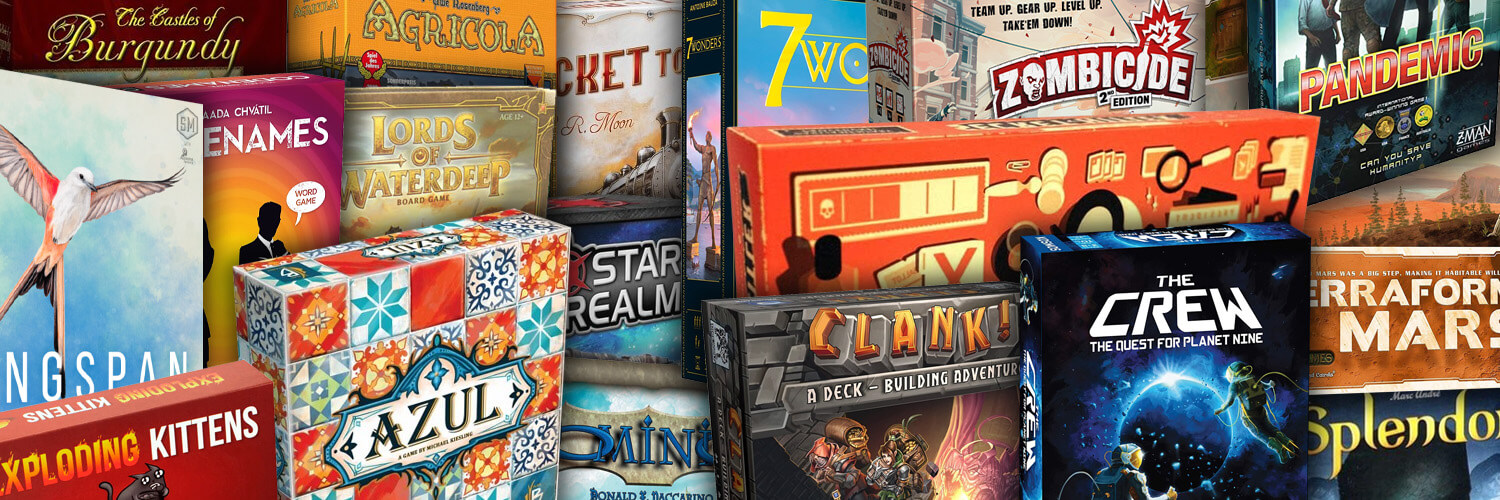There are tens of thousands of board games out there. It would take multiple lifetimes to play them all—but would you want to? There are heaps of games, but let’s face it, not all of them are worth playing. And how would you afford it? Board games aren’t cheap, and if you are carefully curating your collection of modern board games, you only want the winners. Fortunately, us nerds at Noble Knight Games are here to help!
We asked our knowledgeable staff of board game aficionados for their picks of the essential games to include in this collection. These are the tried-and-true must-have titles.
For the purposes of this article, we are limiting ourselves to games published since 2000 (apologies to Catan and Apples to Apples.) We have selected them for their cultural impact and popularity, for wide appeal, and for innovation. And, ultimately, for fun!
We have included games from many different genres and categories. We have Euro games, American-style games, party games, word games, card games, board games, cooperative and competitive games.
Here is our list of the 21 classic board games of the 21st Century, as chosen by the staff at Noble Knight Games.
Carcassonne (2000)
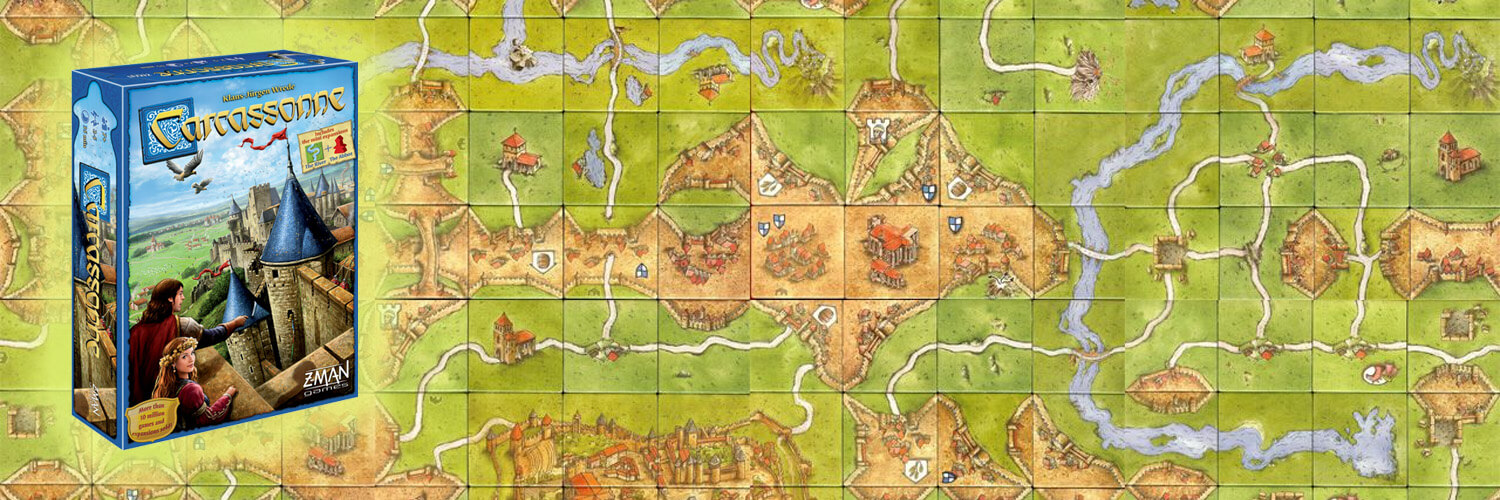
Barely making it past our 21st Century cut-off, Carcassonne was an innovative tile-laying game that made the voyage from Europe to North America in the wake left by Settlers of Catan. Euro games were still somewhat exotic, but Carcassonne won over many fans in the U.S. It won the prestigious Spiel des Jahres award in 2001, and it remains popular two decades later. It’s still one of the best tile-laying games and fits perfectly in our new classic board game list.
Puerto Rico (2002)
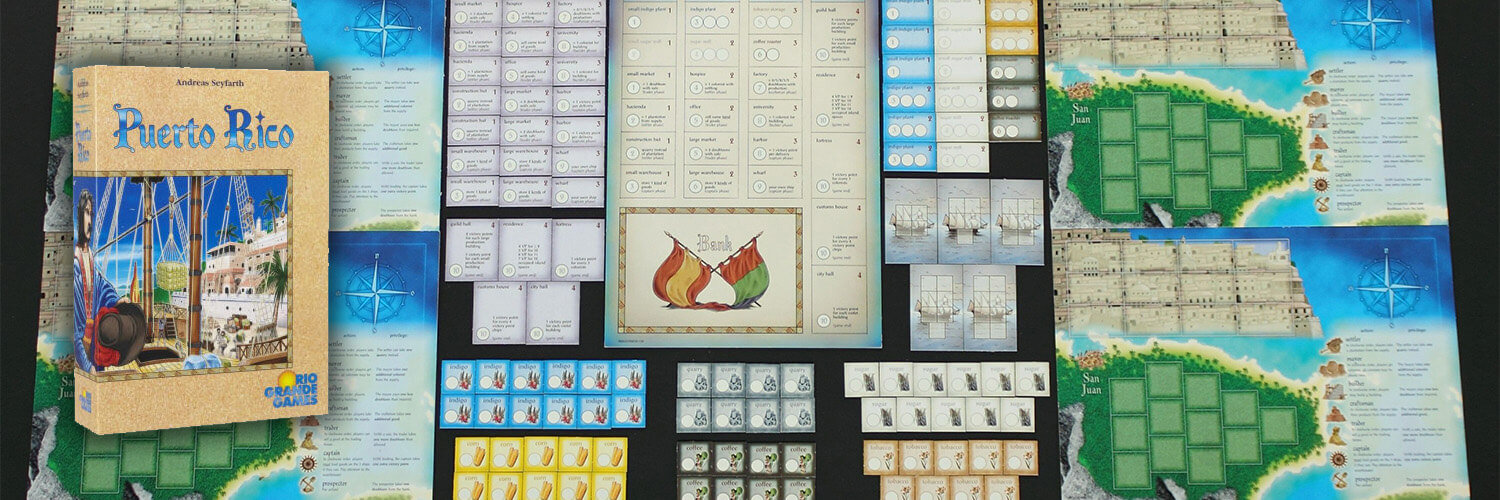
Puerto Rico is the oldest game in Board Game Geek’s (BGG) Top 50 games (as voted by its users). That says something about both its popularity and its staying power. The game popularized the role selection and action drafting implemented in later games such as Race for the Galaxy and Terraforming Mars: Ares Expedition. Each player drafts a role and takes the corresponding action. Other players can follow that role but the player who selected the role also gets a bonus. Puerto Rico turns 20 this year, and, while it may show its age in the artwork, the gameplay remains strategically challenging.
Ticket to Ride (2004)
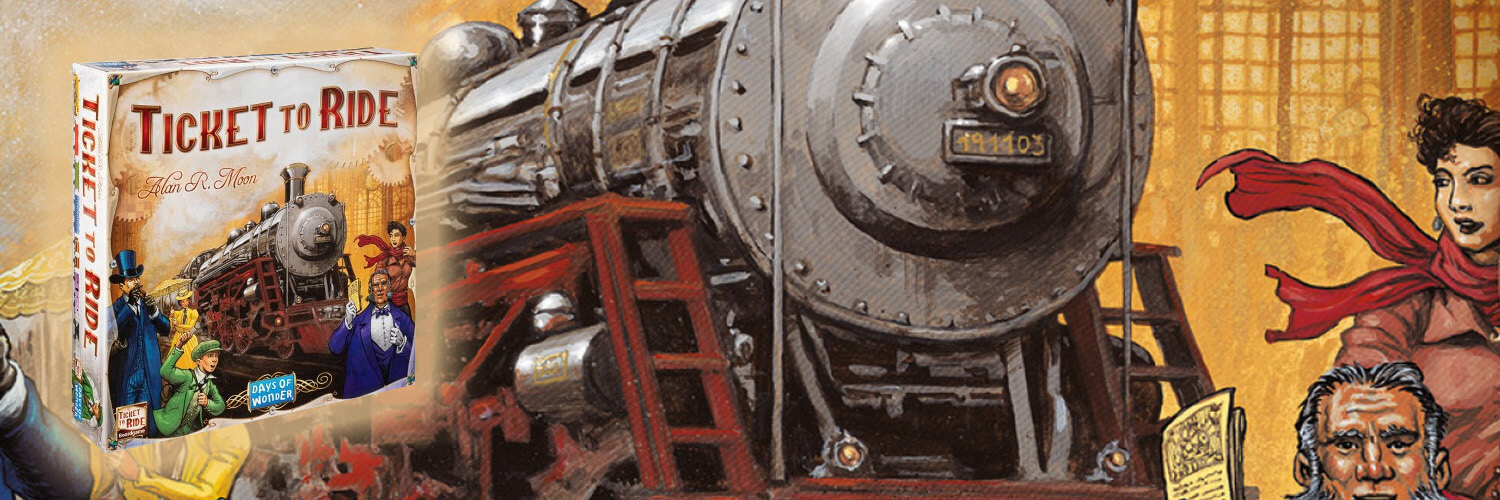
Few games on this list have enjoyed wider appeal than Ticket to Ride. It is easily accessible to gamers and non-gamers alike, which is part of the reason it has sold millions of copies around the world. Critics loved it too, awarding Ticket to Ride the Spiel des Jahres in 2004. It is a must-have “gateway” game for any gamer who wants to lure unsuspecting friends into the board game hobby.
Agricola (2007)
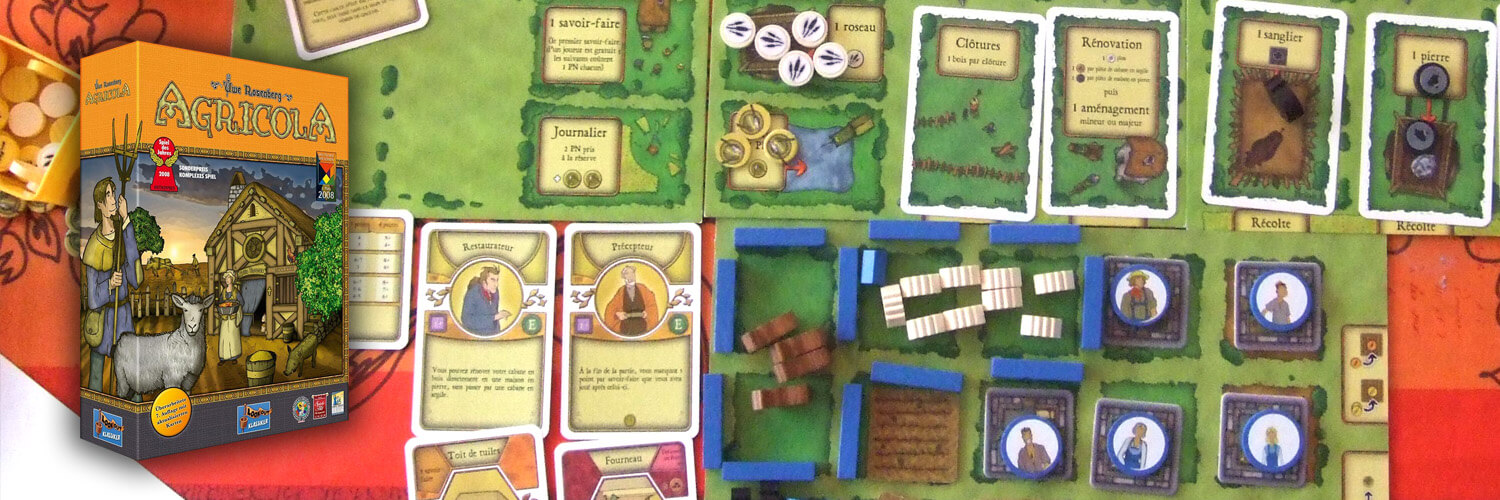
This Uwe Rosenberg classic is so good that the Spiel des Jahres awarded it a special prize: the Complex Game award. And it certainly is a complex game. If Ticket to Ride is the gateway game, then Agricola is a graduate level course. The premise is simple—build a farm. The complexity comes in the many options players have for improving their homesteads. You can focus on crops, or buildings, or breeding livestock. In fact, it is as much a farm simulator as a game. Although it has a steep learning curve, Agricola is a very rewarding experience. Win or lose, it is very satisfying to watch your farm flourish.
Dominion (2008)
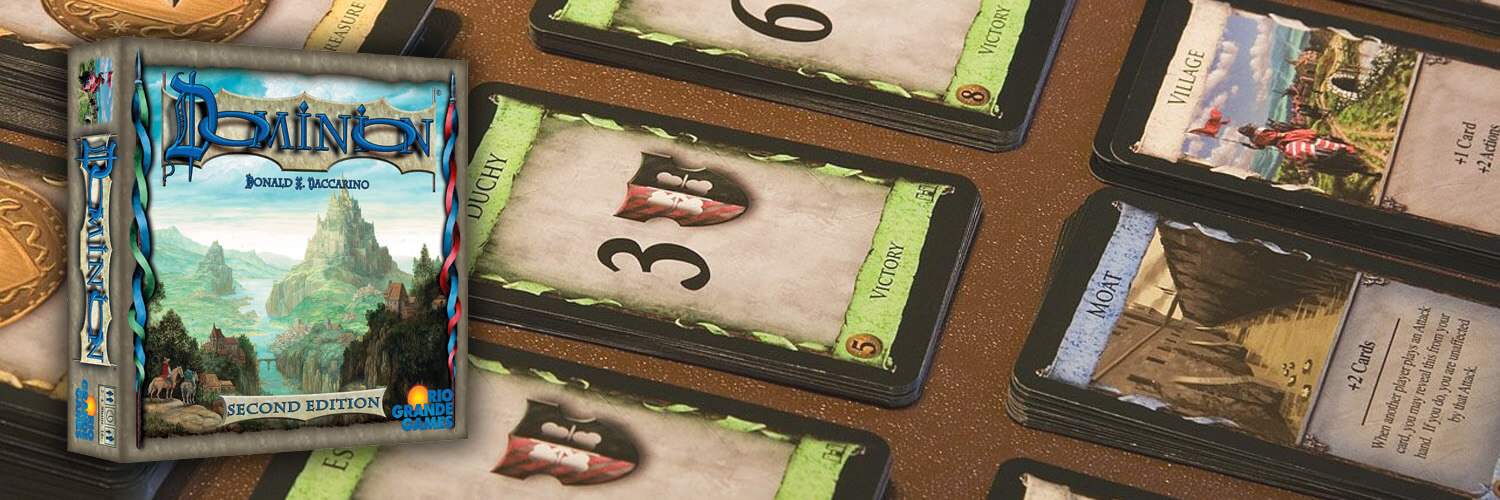
Dominion won the 2009 Spiel des Jahres prize for its groundbreaking deck-building mechanic, which has since been implemented in hundreds of newer games. Although the game has fallen out of the BGG Top 100 and has perhaps lost some of its popularity to newer games that have refined the deck-building mechanic, it is still a prime example of new classic board games. Plus, it paved the way for an entire genre of games! If you love deck-building games, you will want to own and play the revered ancestor responsible for them all.
Pandemic (2008)
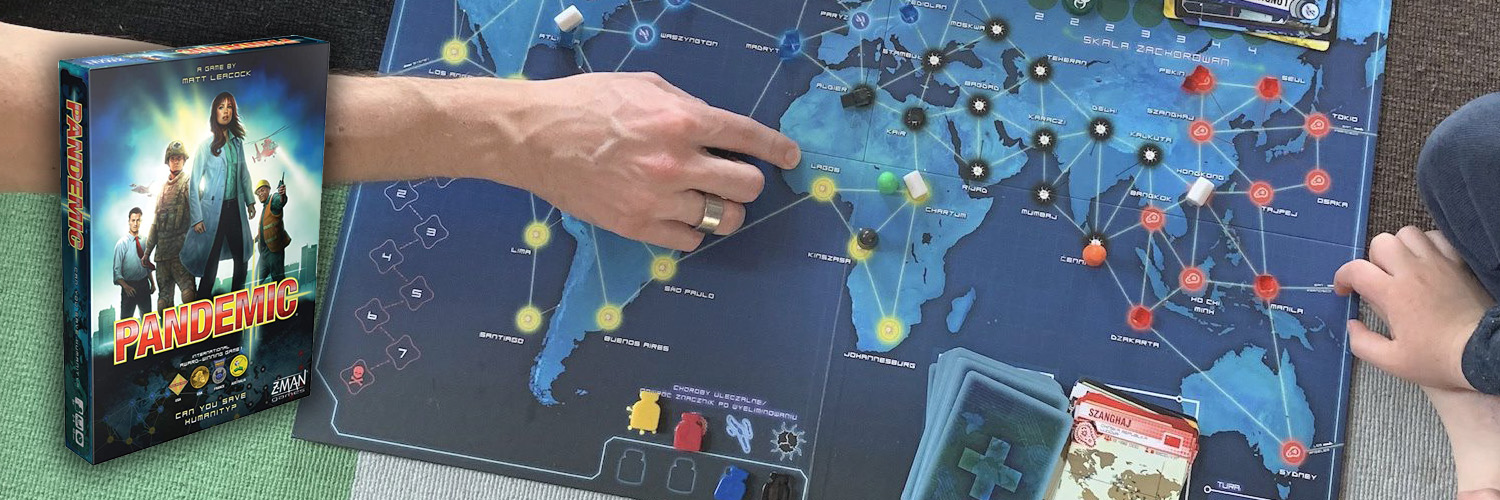
Pandemic is one of the few cooperative games on this list. It was probably the first cooperative game many people played and certainly the most popular. It lost the Spiel des Jahres to Dominion, but it has gone on to be another game that has spread far beyond the tabletop hobby world like a contagion of blue and black cubes. If you don’t like cooperative games, then you won’t like Pandemic. But it is an excellent choice for infecting your friends with a love for board games.
7 Wonders (2010)
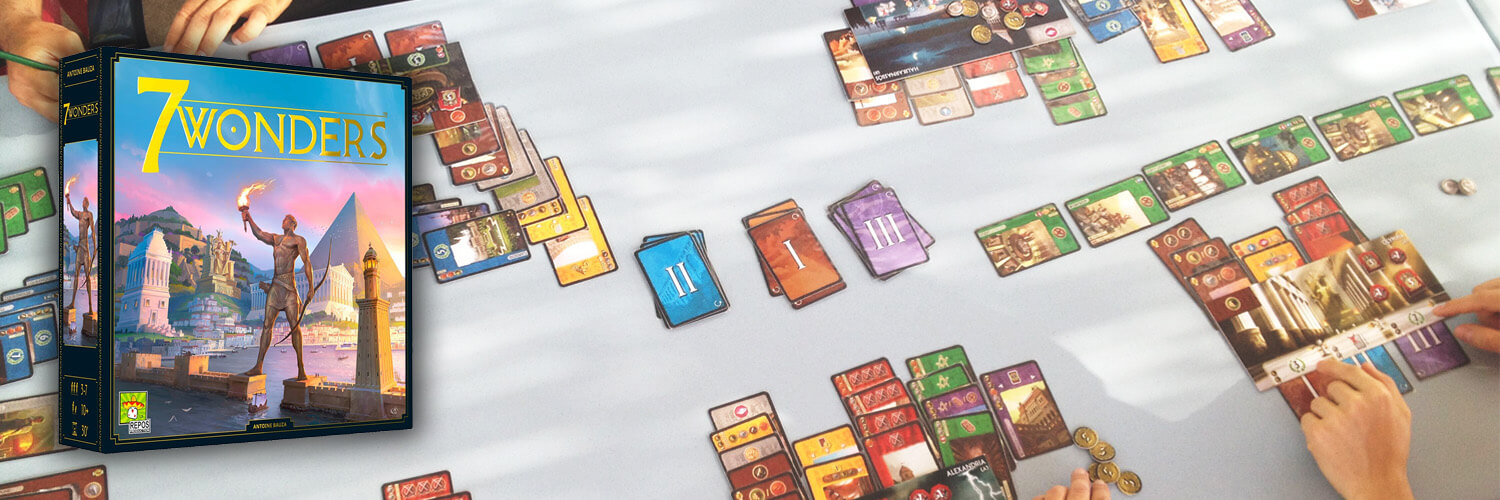
The Kennerspiel des Jahres winner for 2011, 7 Wonders is another great choice for introducing board games to your non-gamer friends. This card drafting game is fast to set up and easy to teach. The art is accessible, the iconography is not intimidating, and there is little downtime. And it can play up to seven people! If you are looking to build out your collection with easily accessible games that will actually hit the table when you have a mixed group of gamers and normal people, 7 Wonders is an excellent choice.
Castles of Burgundy (2011)
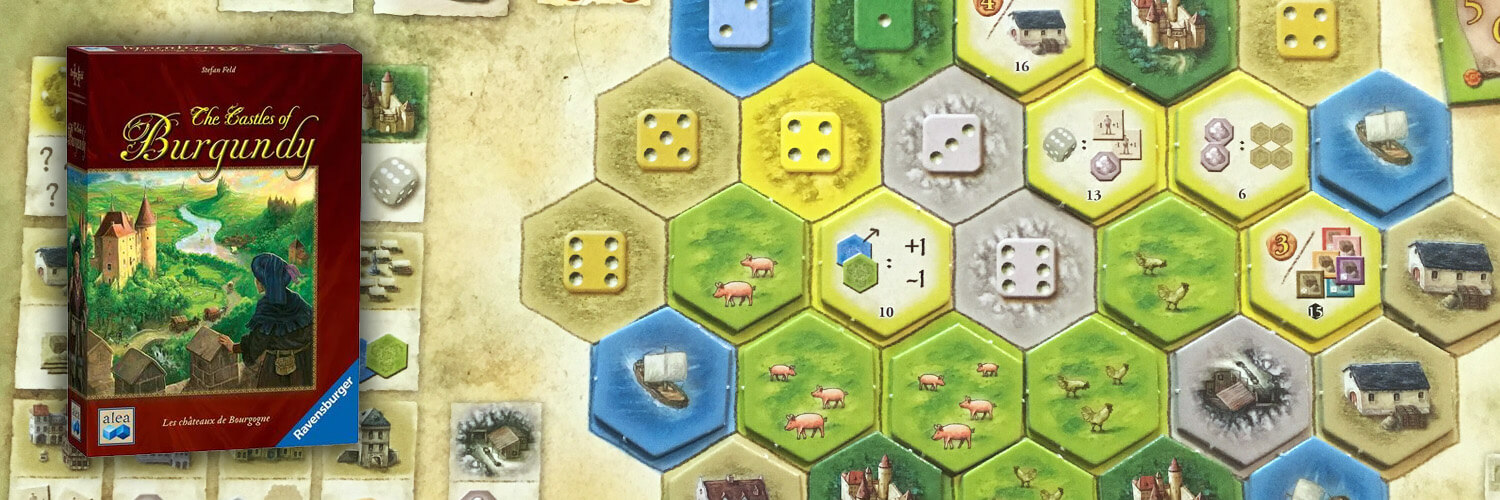
This Stefan Feld staple was first published in 2011, was republished with expansions in 2019, and is slated to be released again in 2023 as a Special Edition with upgraded art and components. There is also a card game version and a dice game version. With so many versions available, you know it belongs on the new classic board games list! Expand your princedom by rolling dice and placing them to acquire settlements. Castles of Burgundy is strategically complex and satisfyingly crunchy but not overly long and complicated. When you are ready to expand your collection beyond gateway games, this is an excellent mid-weight Euro.
Zombicide (2012)
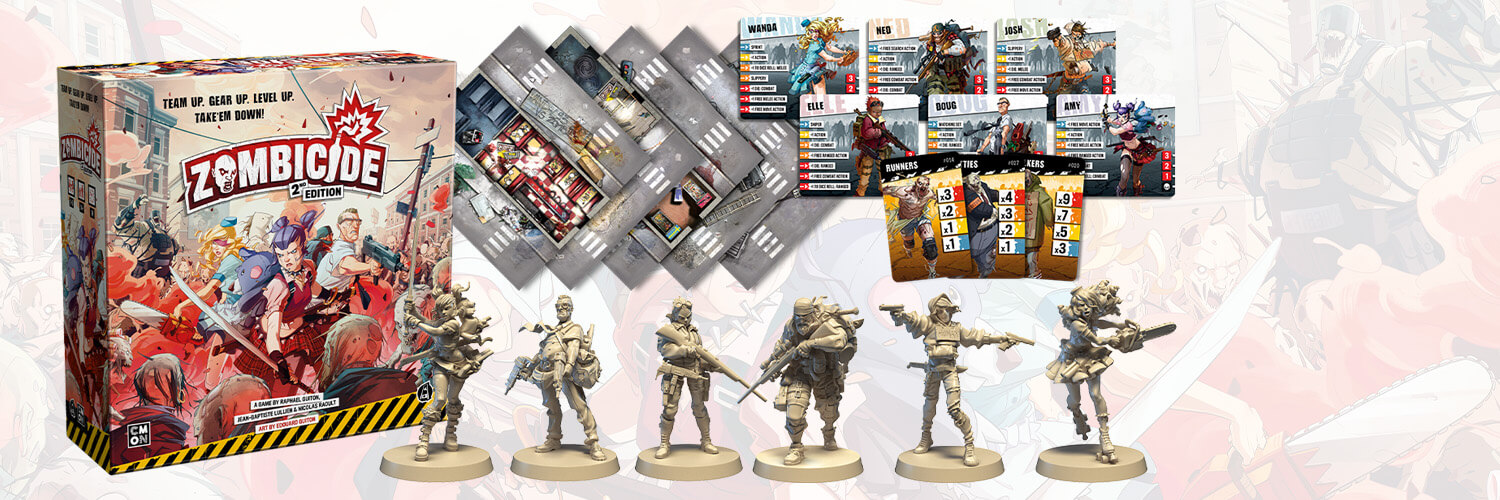
This list leans heavily toward strategic Euro games, but we must include at least one American-style offering. And it doesn’t get more iconic than the Zombicide series of games. This game has enough dice and plastic minis to satisfy anyone’s lust for undead carnage. Loot weapons, level up and blow away waves of zombies in this cooperative dice-chucking survival game. You can play solo or team up with friends for a light afternoon of bloodshed. Zombicide was originally set in modern-day America, but it has spawned medieval fantasy-themed versions and sci-fi, alien-busting versions if that’s your jam. If you want a break from crunchy Euros and just want to kick back and kick down some doors, Zombicide is a fun adventure that doesn’t take itself too seriously.
Lords of Waterdeep (2012)
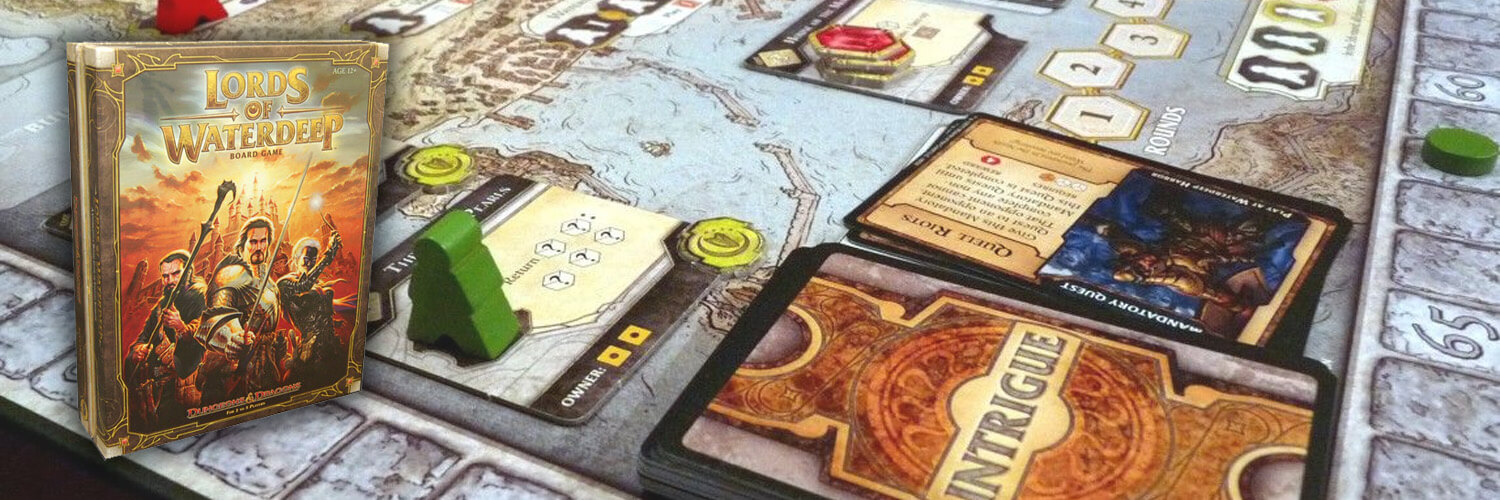
Lords of Waterdeep has a Dungeons & Dragons theme, but it’s not a role-playing game. It’s a great worker placement Euro. You don’t have to be a fan of D&D to enjoy this one. Deploy your agents to recruit adventurers who will help you complete quests and construct buildings that open new action spots. This Top 100 game is a good medium weight introduction to worker placement Euros. It is easy to teach with simple mechanics, but Lords of Waterdeep still offers many interesting strategic decisions. It would be a good choice for recruiting D&D role players to the board gamers’ guild.
Star Realms (2014)
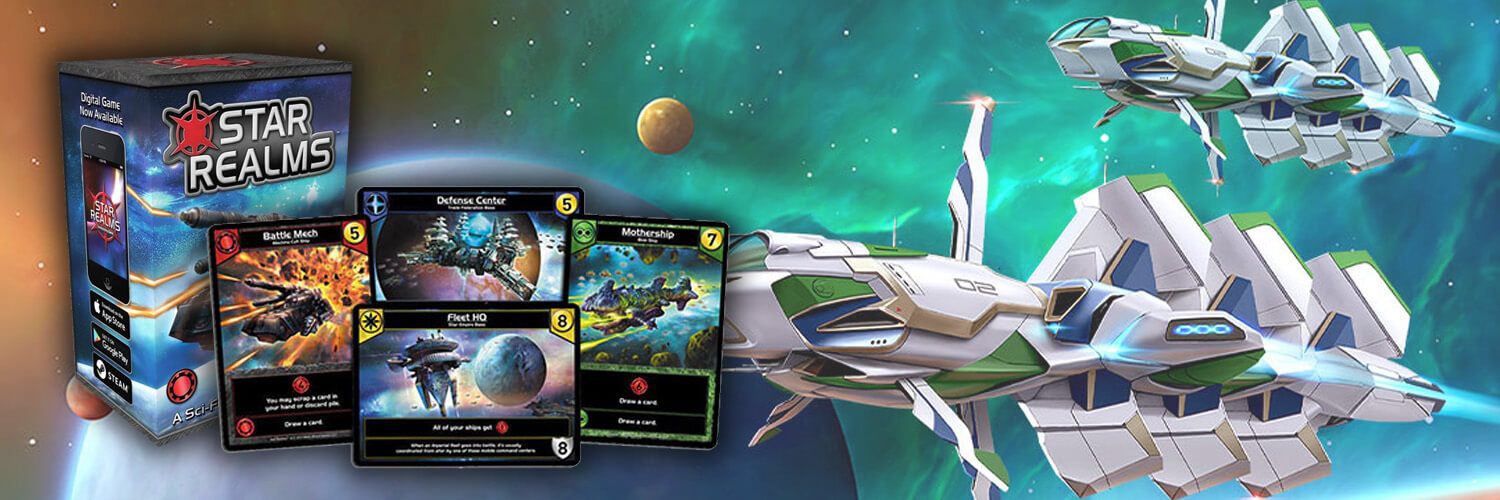
No other game on this list gives you more bang for your buck than Star Realms. For less than $15, this 2-player card game battle is one of the purest implementations of the deck-building genre. The goal is to assemble a fleet of star ships and send them into battle against your opponent until one of you emerges victorious. Unlike Dominion, the pool of available cards changes throughout the game. Games of Star Realms are fast, and the game is easy to teach.
If you like deck-builders, Star Realms is a must-have. Prefer a fantasy theme over sci-fi? Hero Realms offers the same gameplay while swapping spaceships for ogres.
Splendor (2014)
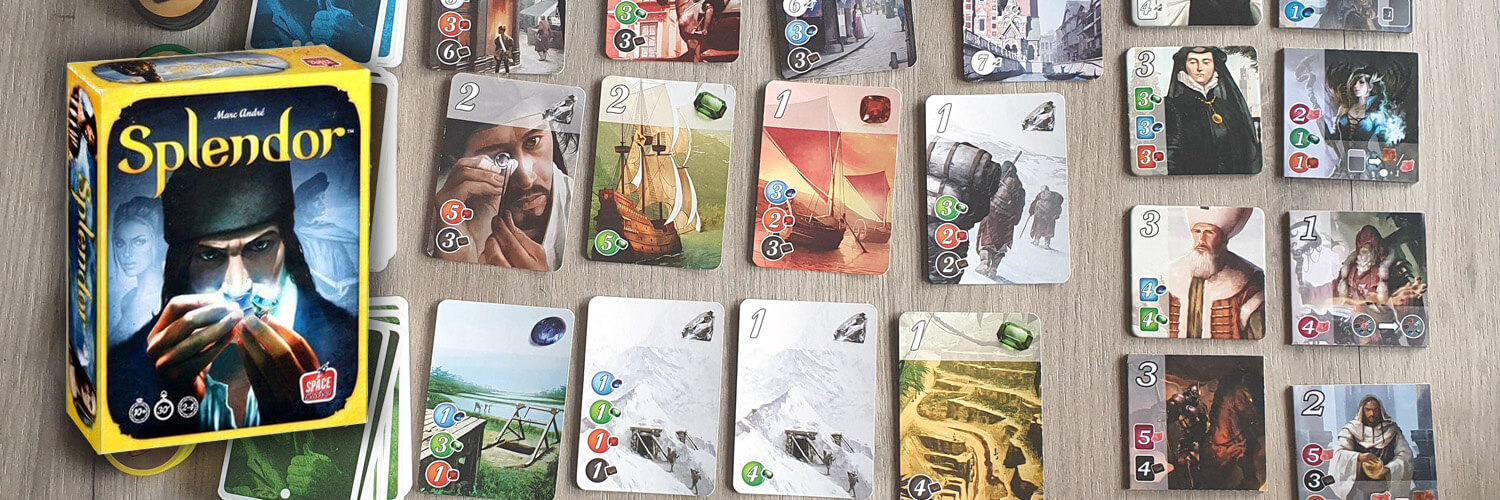
Splendor is yet another excellent gateway game. Play as gem merchants during the Renaissance, acquiring gems—delightfully chunky tokens—and spending those gems to buy development cards and attract the patronage of a noble. Splendor teaches new players several popular game mechanics such as drafting and set collection and it’s a breeze to get to the table. Hardcore gamers might tire of it after many plays, but unlike many other games in your collection, you will actually play it enough to get tired of it.
Codenames (2015)
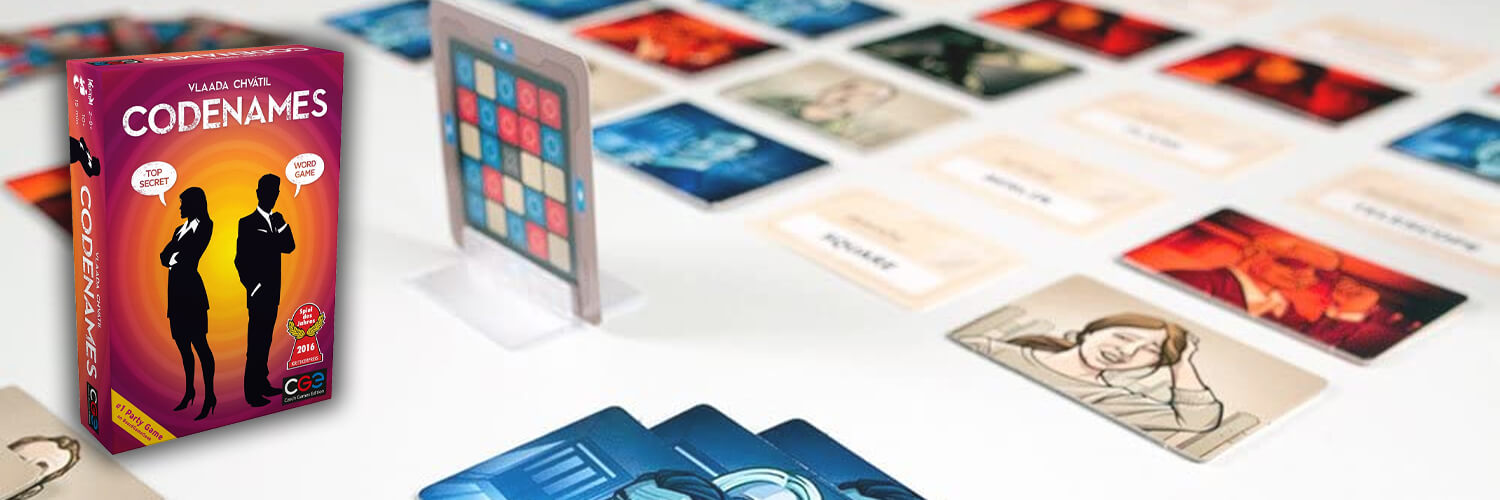
Our new classic board games list finally veers into party game territory with the 2016 Spiel des Jahres winner. Codenames has proven massively popular and has spawned numerous versions and themes (anything from Marvel and The Simpsons to Harry Potter and Disney.) Players divide into two teams and the Spymasters for each team take turns giving their teammates one-word clues. The goal is to convince your teammates to guess the correct words from the 25 options on the table. Select the wrong word and you might lose instantly. If you are looking for a give-clues-and-guess party game, Codenames is at the head of the class.
You need at least four players for Codenames and it plays up to eight. If you only have two people, work together in Codenames Duet.
Exploding Kittens (2015)
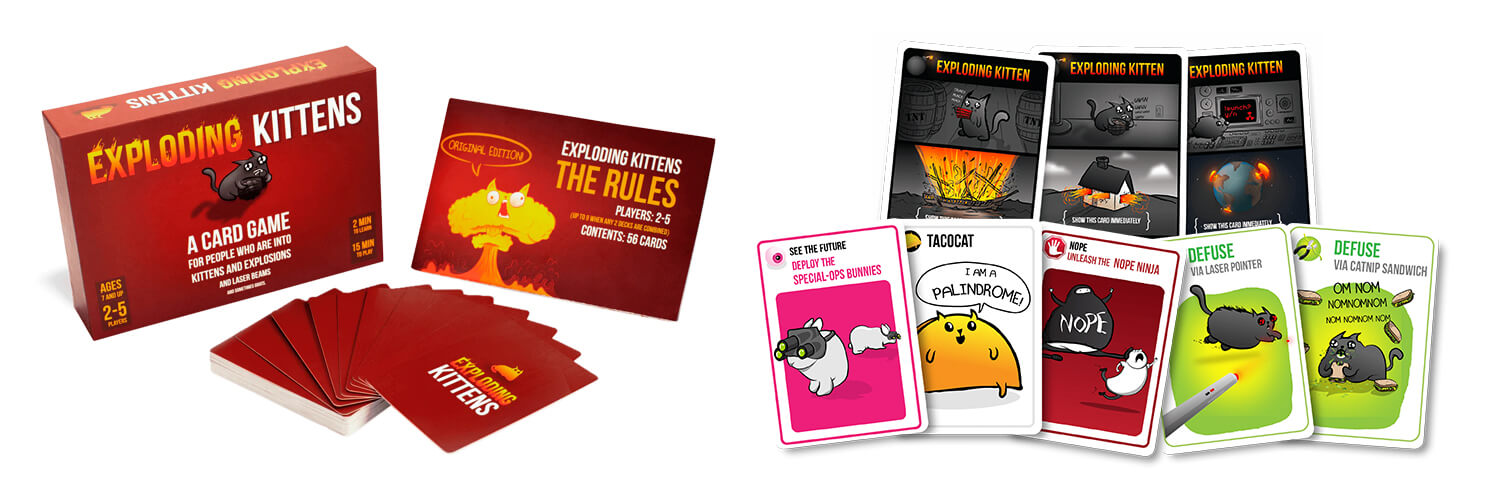
Exploding Kittens has pulled away from the pack of silly party games. This is a crowded field, but the simple push-your-luck mechanic and humor make it a good representative of the genre. If you draw an exploding kitten card from the deck, you are eliminated; it’s that simple.
But it is much more fun to ensure that your frenemy draws that flammable feline instead. Most of the fun of the game comes from cleverly rigging the deck so that someone else explodes. This is not a game that is going to satisfy the itch for deep strategy, but as a quick, funny game, it’s good for a few laughs. Hopefully at someone else’s expense.
Terraforming Mars (2016)
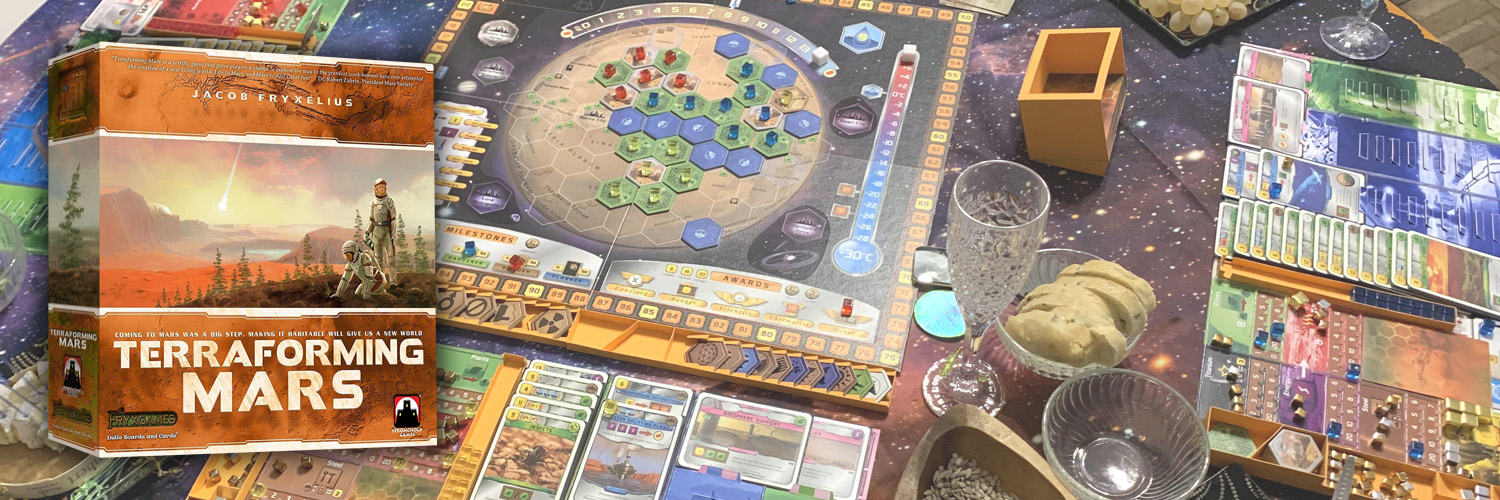
This meaty strategy game missed out on a Spiel des Jahres award, but it’s currently sitting at number 5 on BGG’s board game rankings. So take that, German board game critics! Assume control of a corporation competing with others to make Mars habitable for humanity. There are many options available, and your best strategy will change from game to game depending on what cards are drawn and what your opponents do. With hundreds of technologies to research and implement, every game offers something fresh. Terraforming Mars has so many interesting strategic choices that you don’t even need an opponent to have fun with it. This is also one of the very best board games for solo play. This is a heavier game than many on the list; when you are ready to move on from Ticket to Ride, consider adding this modern essential to your new classic board games collection.
Clank! A Deck-Building Adventure (2016)
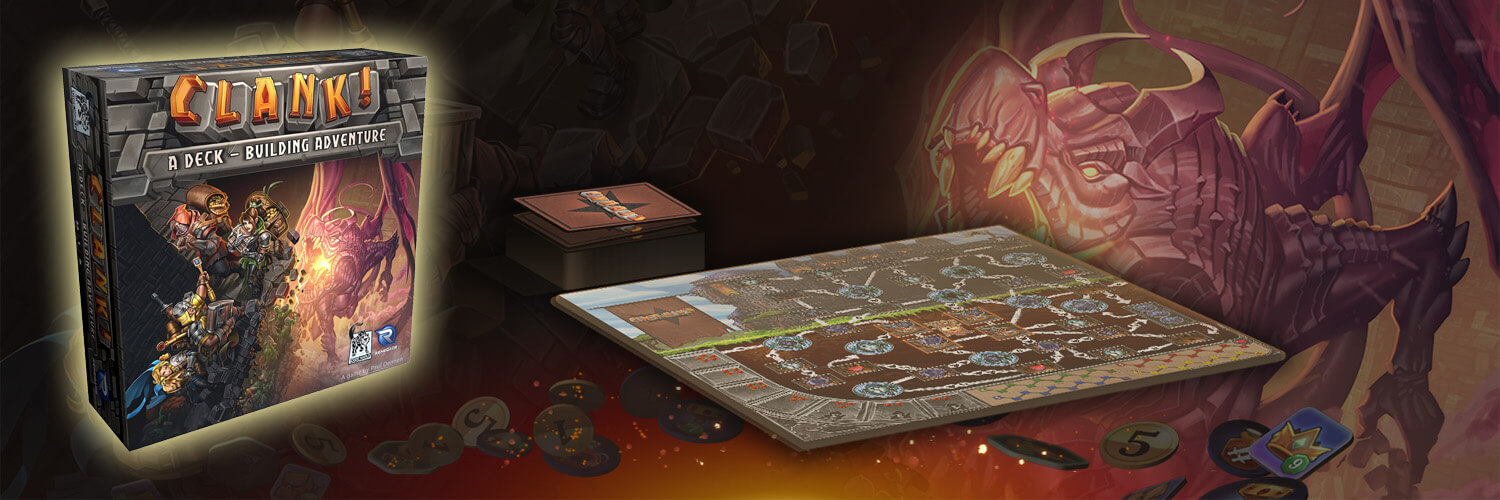
Take a deck-builder like Dominion or Star Realms, add a board for some dungeon-diving action, and you’ve got Clank! A Deck-Building Adventure. Your goal is to explore a dungeon, liberate—OK, steal—some artifacts and make it to the surface before the resident dragon burns you to a crisp. Movement and combat is determined by your hand of cards. Purchase more cards to improve your deck so you can move faster and hit harder. Clank! is another game that does not take itself too seriously, which is part of its charm. It’s a light game and fun for players of all skill levels. A trove of map expansions means that you can play this game many, many times before it gets old. There is also a sci-fi-themed stand-alone version—Clank! In! Space!—in the unlikely event that you do tire of racing your friends through a dungeon.
Secret Hitler (2016)
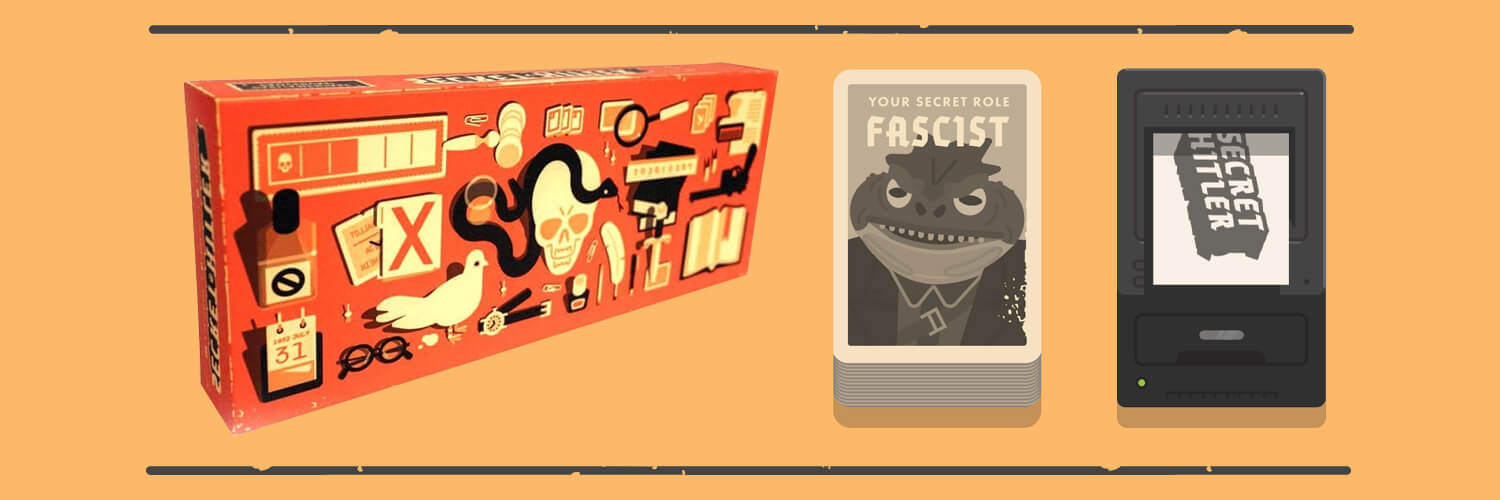
No list of essential board games would be complete without at least one hidden-roles social deduction game. Games like Werewolf and The Resistance have built on the classic party game Mafia, adding new roles for players, and streamlining the game management. But our pick for games that force you to make wild accusations about your friends is Secret Hitler.
You are secretly designated a Liberal or a Fascist. The Fascists know who the other Fascists are, but the Liberals do not know the hidden identity of other players. If the Fascists can pass six fascist policies, they win. The Liberals need to pass five Liberal policies or eliminate Hitler to win.
These games invariably result in baseless accusations and strident denials, but canny players can use deduction to gradually ferret out the traitors in their midst. These aren’t always the best games for wallflowers, but they can be a lot of fun with the right group.
Gloomhaven (2017)
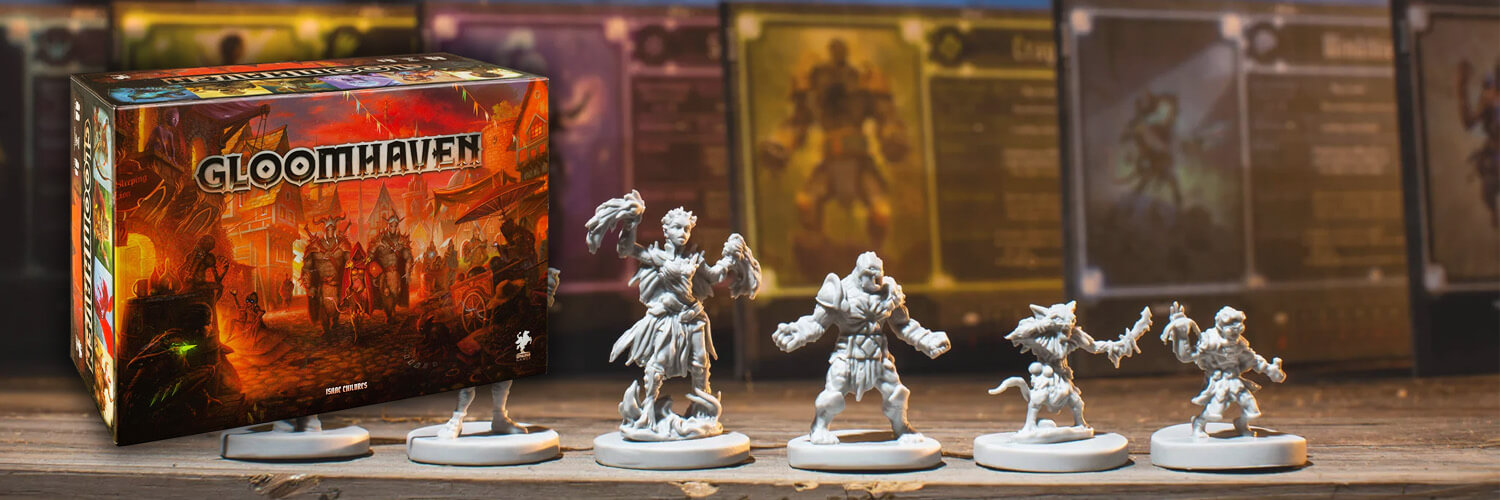
Gloomhaven. You knew this one was coming. This 20-pound monster of a Euro-style dungeon crawler has been sitting on the throne of BGG’s board game rankings for years. This number one board game is similar to a role playing game. Games are played over a campaign that can last for hundreds of hours spread out over years. Players improve their characters with experience and loot, and they can choose their next adventure after completing a scenario. But no game master is required, the game itself takes care of enemy movement and attacks. Gloomhaven is a serious commitment, but if you enjoy exploring dungeons, fighting monsters, and leveling up your character, you can’t go wrong with adding the top ranked board game to your (reinforced) game shelf.
Azul (2017)
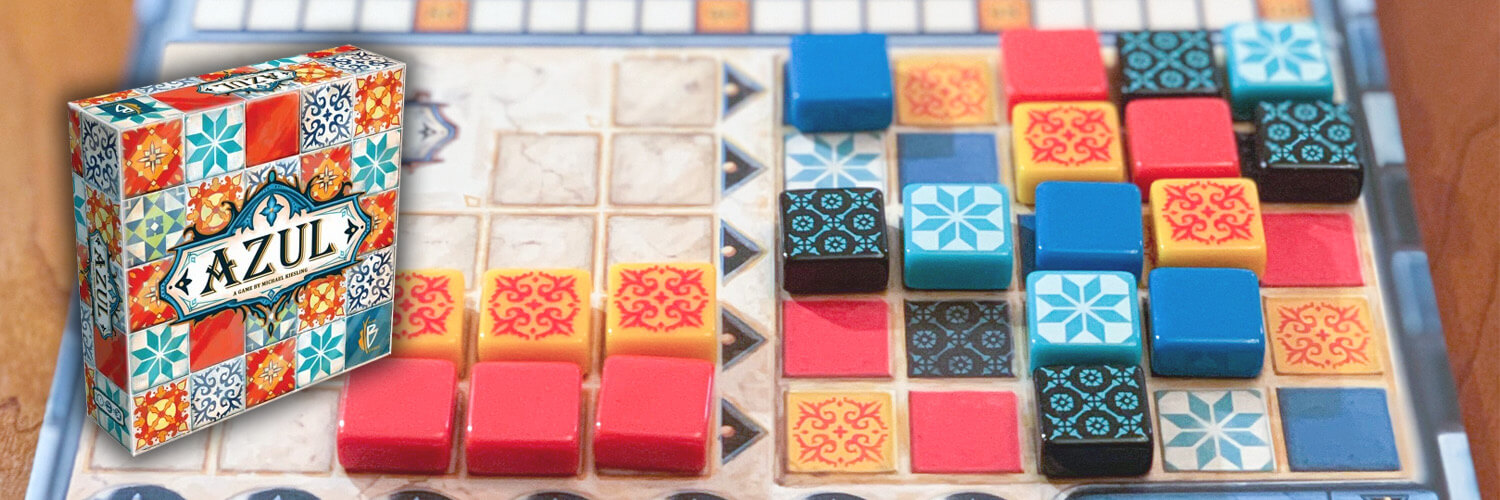
Abstract strategy games appeal to hardcore Euro gamers and casual players alike, especially when they look as good on the table as Azul. In this winner of the 2018 Spiel des Jahres, players draft colored plastic mosaic tiles—resist the temptation to put them in your mouth; they are not candy. Later in the round, they use those tiles to decorate the palace and score points by completing patterns and sets. Azul is easily accessible to new gamers and old. It’s a must-have abstract strategy game for every collection.
The Crew (2019)
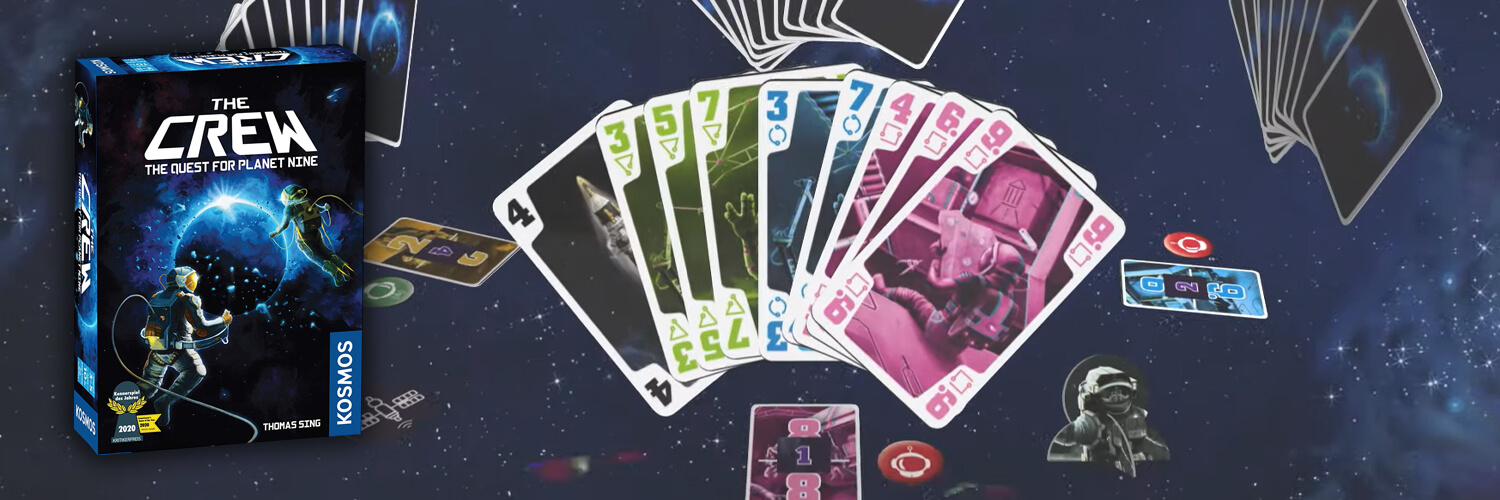
The 2020 Kennerspiel des Jahres winner was, believe it or not, a cooperative, trick-taking card game. The Crew has a theme—space exploration—but it’s a bit weak. The challenging co-op play is not. Players progress through 50 increasingly more difficult missions. Each scenario gives the crew a set of winning conditions. The game plays like a standard trick-taking card game with suits and trumps. But players are working together to take tricks in a certain order, at a certain time. Or they are trying to avoid taking them altogether. And all with very limited communication. The Crew is a fun challenge for card players. Missions don’t take long to complete, and, if you fail, you will want to immediately try again. If you have relatives who love trick-taking games like Hearts or Euchre, this is an easy way to introduce them to modern board games.
Wingspan (2019)
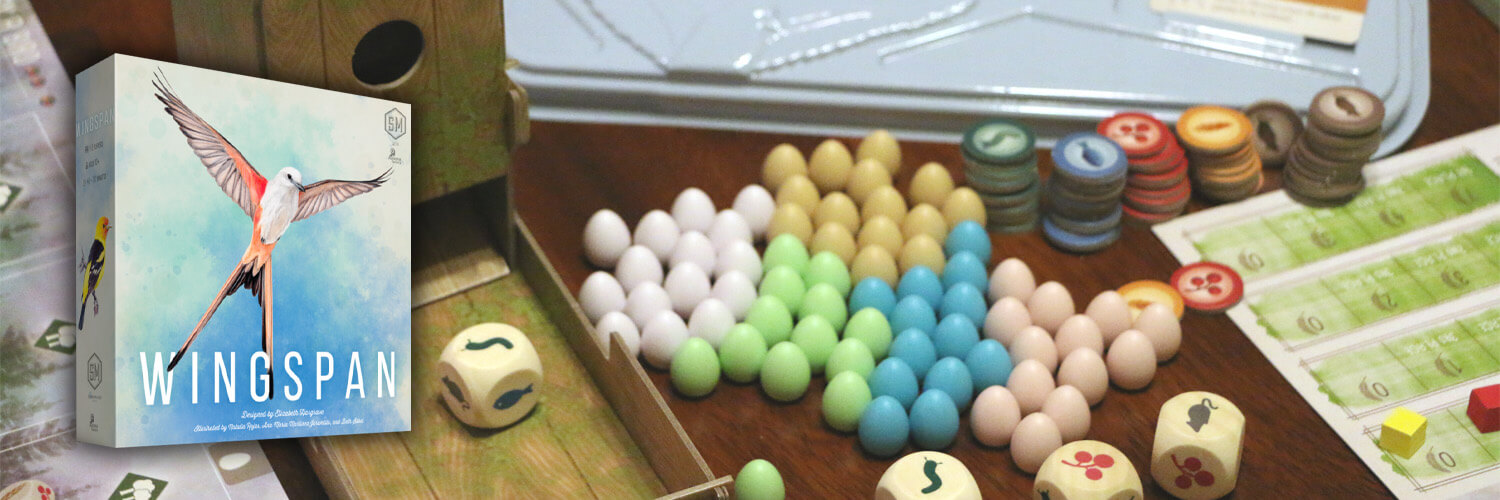
We finish our list of 21 classic board games of the 21st Century with the winner of the 2019 Kennerspiel des Jahres. Wingspan is a gorgeous engine-building game about birds. You will have no trouble getting birdwatchers or nature lovers to play this game. Every card features a different bird, with beautiful artwork and facts about each bird. The way cards are played draws upon the real-life characteristics of the birds. The Brown-headed Cowbird lays eggs in other birds’ nests—just like they do in real life.
The production value is top-notch and the mechanics fit the theme so well. Although it is the newest game on this list, Wingspan has quickly become a modern must-have for every discerning board game collection.
The New Essentials
That concludes our list of the 21 classic board games of the 21st century, as chosen by the staff at Noble Knight Games. If you are looking to build a solid board game collection, these titles are an excellent place to start.
And there are many, many fabulous games releasing every year. We haven’t chosen any from the last three years in order to give these newer games a chance to prove themselves. Whether these newcomers will have the staying power of modern classics like Ticket to Ride and Agricola remains to be seen, but in the near future, we expect to see titles like Ark Nova and Cascadia climb their way onto the new classic board games list—and into your collection!
Written by John David Thacker
John David is a freelance writer specializing in board games and the board game industry.
[ Read: Real Time Games — Fast, Frantic, & Frenetic! ]
[ Read: Nature Games: Best National Parks Games ]

